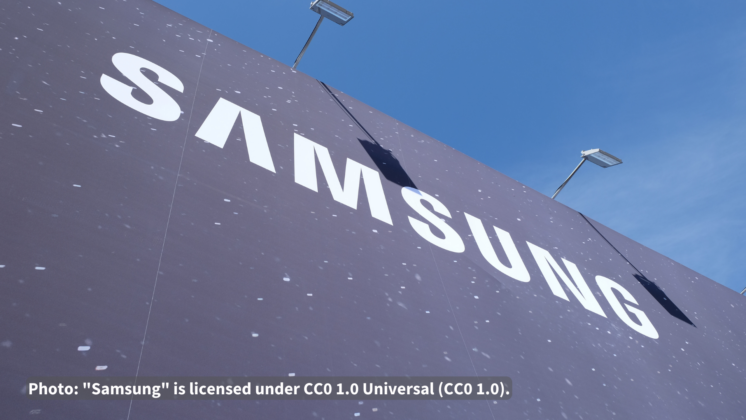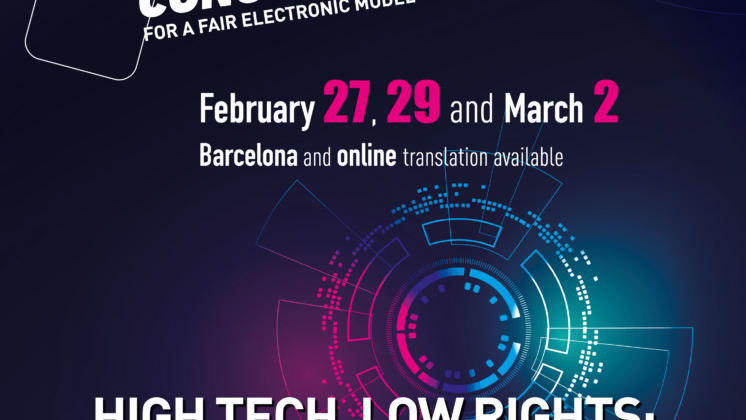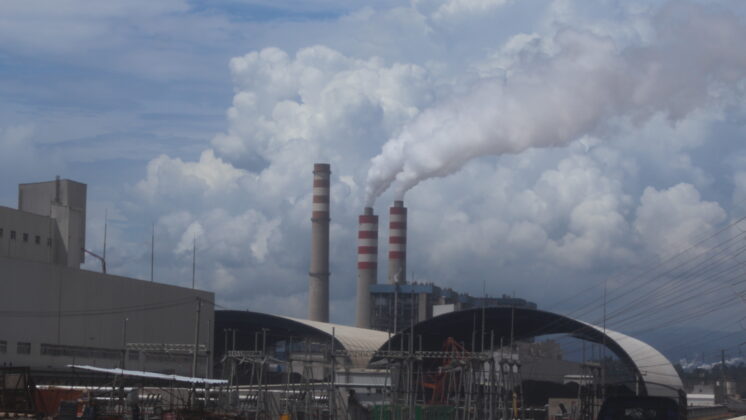The United Nations Industrial Development Organization (UNIDO) is convening, together with the secretariats of the Basel and Stockholm Conventions, an international workshop to consider issues associated with electrical and electronic products based on a life-cycle approach. The workshop will be held from 29 to 31 March 2011 in Vienna. The main objective of the workshop is to contribute to international and national efforts aimed at understanding and reducing the hazardous chemicals content of electrical and electronic products and reduce their impacts during their life cycle along the supply chain, on human health and the environment, while seizing opportunities to create decent employment, alleviate poverty, stimulate green chemistry and promote entrepreneurship potentials that may arise.
The main objective of the international workshop is to contribute to international and national efforts aimed at understanding and reducing the hazardous chemicals content of electrical and electronic products and reduce their impacts during their life cycle along the supply chain, on human health and the environment, while seizing opportunities to create decent employment , alleviate poverty, stimulate green chemistry and promote entrepreneurship potentials that may arise.
The workshop derives from resolution II/4 of the Second International Conference on Chemicals Management (ICCM2) held in May 2009 in Geneva organized under the auspices of the Strategic Approach to International Chemicals Management (SAICM). It will address the issue of the fate and sound management of chemicals during the life cycle of electrical and electronic equipment and products.
The workshop will consider, as part of the life cycle approach that underpins SAICM work, the policy, legal, institutional, scientific, technical and economic aspects of hazardous chemicals behavior during the design, production, trade, use and disposal of electrical and electronic products along the the supply and disposal chain, taking into account the relevant Rio Principles. Click here for the agenda.
- Upstream issues could include: green design, redesign, green chemistry, manufacturing, Extended Producer Responsibility (EPR) and Take back Schemes; others (RoHS directive); International Certification Scheme(s) for EEE (Information on chemicals in products, etc) and WEEE; e.g. Stockholm Convention POPRC’s work on: collecting information on new POPs (BDEs and PFOS) contained in products in particular EEE
- Midstream issues could include: production, processing, handling, and use; worker safety; consumer information and exposure to chemical substances
- Downstream issues could include: used, near end of life, disassemble, repair, refurbishment and recycling; waste management and disposal including key technologies; legal and regulatory issues; transboundary movement issues (especially near end of life EEE) and illegal traffic control; Basel Convention, Basel Ban and European WEEE Directive (Model Regional /international legislation on EEE and E-waste e.g. strengthening/modification of Basel convention and other options); Stockholm Convention POPRC’s work on formulating policy recommendations on the environmentally sound management of waste and articles that may contain BDEs to be recycled
The specific objectives
of the workshop are to consider action to:
- promote green design;
- phase out, where feasible, harmful substances in electrical and electronic products;
- promote extended producer responsibility and transparency in information;
- promote health and safety to protect workers, and training for workers in recycling, repair, dismantling or re-manufacturing facilities;
- promote and use of green chemistry;
- explore the development of tools or methodologies to classify or identify near-end-of-life or end-of-life electrical and electronic products according to their composition, physical and chemical properties with a view to facilitating their recycling, re-use or disposal.
Vienna (UNIDO HQ), 29-31 March 2011
Location: M Building. Board Room B and Conference rooms MOE 27, MOE 79 and MOE05











